We continue our series of interviews on the Italian musical world’s innovation. Answering our questions this time is Leonardo Salom (alias Leo Salom), a multifaceted musician and producer. Known as one who is never satisfied, Leo Salom is not only a musician among millions of others: no one more than him – young but already a veteran – is more suitable to give an overall look at how the Italian music scene is changing. The Italian and international music markets are going through an intense and deep change. We asked Leo Salom how he reads the actual music scene, and what prospects he sees for the future. Let’s hear what he has to say.
Leo Salom: “From the audience’s point of view, this is a historic moment, we are moving from the era of the media’s purchase (Vinyl / CD) and popular artists, the era of “handy access” (streaming, Spotify, YouTube) of all the music produced in the last 100 years, but now considered virtual. This is such an exciting time for those who are passionate about music, in general. From the market point of view, instead, this is a very delicate moment: they are changing all the business models of the record companies, major and independent, so all the dynamics of productions, promotions and so on. From the point of view of an artist, I think that all periods of change are positive, always; changing is indispensable to keep the creative energy alive, the power of invention. The great thing about the future is, as always, that we do not know anything about it “.
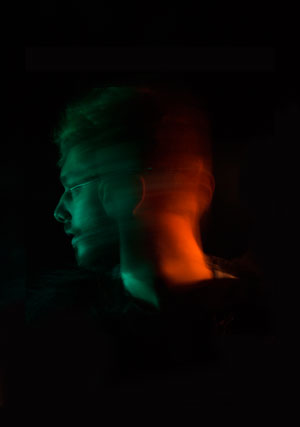 Playing an instrument does not seem to be one of the most prevalent hobbies of young people. How does this affect the quality and the attitude of the new bands?
Playing an instrument does not seem to be one of the most prevalent hobbies of young people. How does this affect the quality and the attitude of the new bands?
Leo Salom: “I started playing in a band when I was 15 years old, so 11 years ago. What I can tell you from my point of view is that I don’t think that there are fewer people around who try to express themselves through music. Sure, there are probably less guitarists, and certainly more musicians who express themselves through technology, there is probably less of a desire to be part of a band, and most of the opportunity to carry on a “solo project”. I personally believe in growth through the exchanges and collaborations, this is the only point that I think has had a big loss in recent years, unfortunately. I hope in the future for a new concept of the band, made up no more of 4 musicians, but by 4 people involved in 360 ° of music, video, communication, and more “.
One would say that today, apart from the purely commercial successes driven by the majors, that music is locked into a thousand niches and, despite the social networks’ expansion and other new distribution channels, it fails to reach a wide audience.
Do you agree? And as it comes out?
Leo Salom: “I don’t completely agree with the first part of your question. I believe that no one, in music, no major or independent label, is able to “drive” the successes. Fortunately, in our field there is always a big margin of weightlessness. I believe that musicians who really want to communicate with a wide audience, if they commit very seriously and steadily, I’m sure that they are going to achieve their goals. I believe that in “the niches” you were talking about there are musicians that are possibly trying their own artistic identity, sometimes we can lose it, but not necessarily these kind of musicians have the objective to communicate it to the greatest number of listeners. That’s my point. Social networks are a new communication channel, new musicians cannot absolutely neglect them, because they are a powerful way to reach the public, and also because, nowadays, the talent scouting takes place almost exclusively on the web. To be able to exploit them seriously it takes a big commitment and a great knowledge of this medium of visual communication, viral marketing, and it is imperative that someone in the “band” deals with it on a full time.”
How it has changed, listening, the advent of MP3 and streaming? And as it has recorded on your role as producer?
Leo Salom: “It has literally and exponentially multiplied the utilization of music. When I was very, but very young, I used to listen to some of my older cousin’s cassettes with the Sony Walkman. That toy was amazing. Today, there’s the crazy idea that I have the easiest access through my phone to all existing music catalogs. Also streaming is bringing the audience to listen to the album as it was designed by the artist and the artistic producer, no longer do you need to prepare personal compilations to burn to disc CD or copied to a USB stick.
From the point of view of the musical production, this revolution has seriously changed the final sound of the songs. If almost no one anymore has “stereo quality” at home, but listening to music is mostly done through headphones or speakers of a computer, I have to take this under consideration when I’m mixing a song, you know, I try to convey to best the emotions through that little cable. Yeah, I know, it’s so weird but, that’s the way now. Once there was the Mono, then the stereo, then the 5.1, now the headphones, soon something new will definitely come. I’m scared.”
 The talent shows: reviled by some, lifeline for others. What do you think?
The talent shows: reviled by some, lifeline for others. What do you think?
Leo Salom: “I think for those who dream of being an interpreter, who as a reference / Dream artists as Madonna or whoever, the talent shows are a great opportunity, for sure, probably the only one in this period. Although I think that many of them are piloted for money issues. For others, such as for a songwriter, I don’t think that they are the right path, or rather, I don’t think that television is the medium of communication suitable to begin a career. Honestly, I think the talent is a cool possibility, with all the pros and cons as always, that an artist may choose to take advantage or not, calculating risks and benefits, both very large.”
What do you think about the mainstream and the underground? Are they worlds that in recent years have approached or moved away?
Leo Salom: “The way I see it, the underground has a character that is a movement, a historical moment, a creative power, innovation, at some point ends up naturally influencing the mainstream. All the mainstream’s news are coming from the underground, it’s always happened.”
Let’s move to more personal questions, if you don’t mind. Can you really say when you started doing music?
Leo Salom: “I started when I was young listening to my grandpa’s vinyls. I have many faded memories, but I carry with me a scene when I was a child and I was sitting with him in the living room of our house, in Tuscany, while he hummed the notes of a song. I will never forget all the music I listened with him. I started playing drums when I was 15 years old and I had my own band, it was really funny. You never expect anything bad when you love doing something. So I started doing music production when I decided to study for it. It was 9 years ago, probably.”
You traveled a lot; do you think your music has changed over time?
Leo Salom: “What a rhetorical question. Of course it has changed. How it changed my music, have I changed myself. Everything changes all the time, that’s why I don’t feel anxious about the future, we’re all going to be ready to changes, we get used to for a while, and then we have to reinvent ourselves. And yeah, I traveled a little bit in my life, I lived in South America, in Northern Europe and I have traveled in Asia for a while. Things I’ve seen, the people I have known, have always inspired me and my music. Without travel memories and the cultures I’ve been in contact with, I probably would not have come this far, and I think that it is for this specific reason that I try to make different genres of sounds, stirring memories and dreams that I keep in mind.”
For more information, please visit the Leo Slalom website at: www.leosalom.com. Listen to his music on Soundcloud

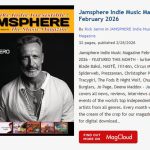

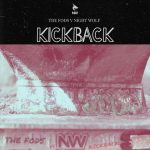


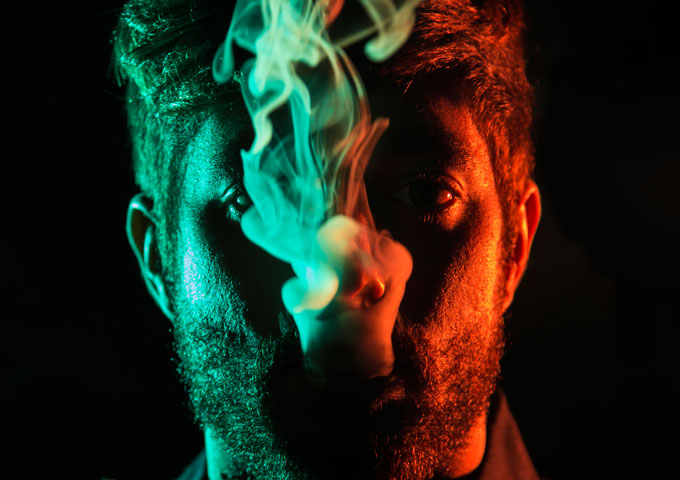
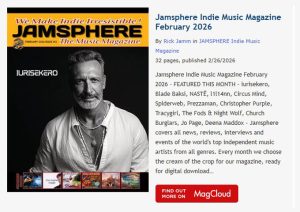

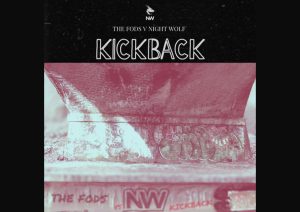
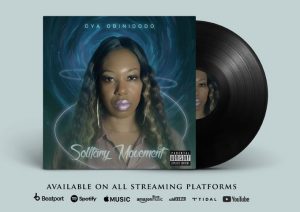
More Stories
“Hay Zeus”, Heavy History: Ty Bru on Legacy, Layers, and Letting Go at 20 Years of MTTS
The Cosmic Factory on 15 Years of Psychedelic Alchemy and the Making of ‘Lab Grown’
Detroit Soul, Modern R&B Elegance: An Interview with Reggie Braxton